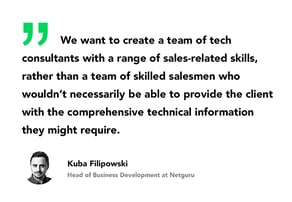Parse Alternatives - Quick Rundown of Firebase, Azure, Amazon and Custom Made Solutions

As a data storage solution (which is your use case for the POS app), at first glance, this appears to be the easiest. It'd be interesting to try to set up the layout you'd need for the project and spend some time testing.
Azure mobile services (Microsoft) — I've used this for a few projects, and it’s evolving in the right direction — with server-side javascript cloud functions that behave the same way as Parse cloud code, support for push notifications, and nicely abstracted data sync between the cloud and client apps.
It is Microsoft, but SDKs are available for all the major mobile platforms — including Android. Database management isn’t that intuitive as you can’t directly intervene and edit values stored server side (like Parse). Compared to Amazon’s cloud services, the documentation looks better.
The setup could be easier, and it’s a significant chore compared to Parse — but it does appear to be evolving in the right direction.
Custom backend app (Rails) — creating a custom backend app isn't a terrible idea — but we would lose the flexibility of backend services. However, two of the advantages are that there wouldn't be any dependency on a service and the data storage you're envisioning is relatively light, so building a Rails API would be quick-ish.
Amazon’s mobile hub and services — Amazon mobile hub is a regrouping of Amazon cloud services. It’s basically a series of mini-SDKs for individual Amazon services plus some mobile-specific services. Some of these AWS services we use regularly (like S3). Others are promising, e.g. Cognito and their testing cloud.
Amazon’s alphabet soup of cloud services can be complex to setup and maintain. If you have someone on your side that can act as the architect, it would make a huge difference. There is a high learning curve as AWS documentation is notoriously challenging and optimising service use requires experience and expertise.























